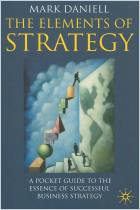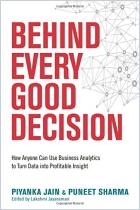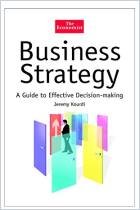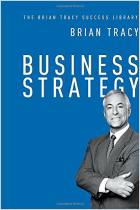Зарегистрируйтесь на getAbstract, чтобы получить доступ к этому краткому изложению.

Зарегистрируйтесь на getAbstract, чтобы получить доступ к этому краткому изложению.
Babette E. Bensoussan and Craig S. Fleisher
Analysis Without Paralysis
10 Tools to Make Better Strategic Decisions
FT Press, 2008
Что внутри?
Cash cows, dogs and PESTs: What’s their role in corporate strategy? Analyze this.
Recommendation
Developing a good corporate strategy requires rigorous analysis. You don’t need to become a quant or a statistics expert, but you should understand how worthwhile analytics abet planning. Strategic analysis expert Babette E. Bensoussan and management professor Craig S. Fleisher explain, in simple terms, 10 classic, tried-and-true diagnostic techniques in this introduction to strategic development. This isn’t a book for nerds, but for business executives and managers who need to know the basics of analysis so they can develop better corporate strategies. This guide is easy to use, with concise but thorough introductions to major analytical tools, their pros and cons, and step-by-step instructions for how to implement each one. getAbstract recommends this useful primer on corporate analytics to any managers who need grounding in this important discipline.
Summary
About the Authors
Babette E. Bensoussan is managing director of the MindShifts Group, a strategic planning consultancy. Craig S. Fleisher is a management professor at the University of Windsor, Canada.




















Comment on this summary